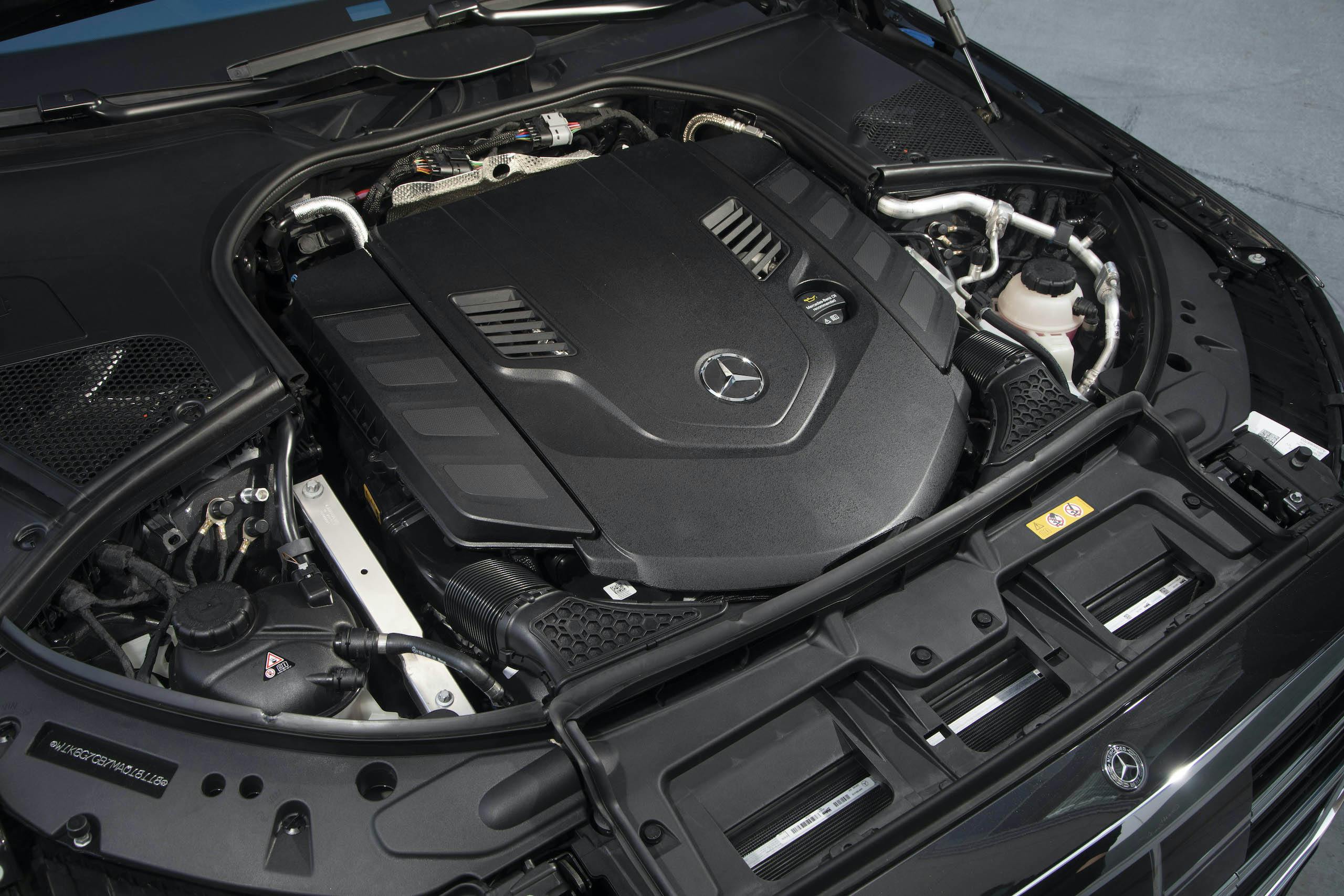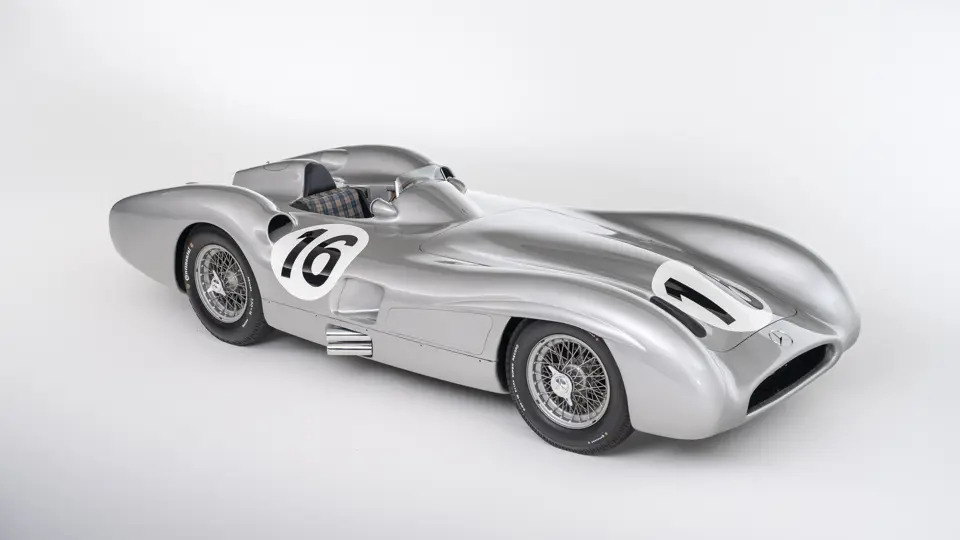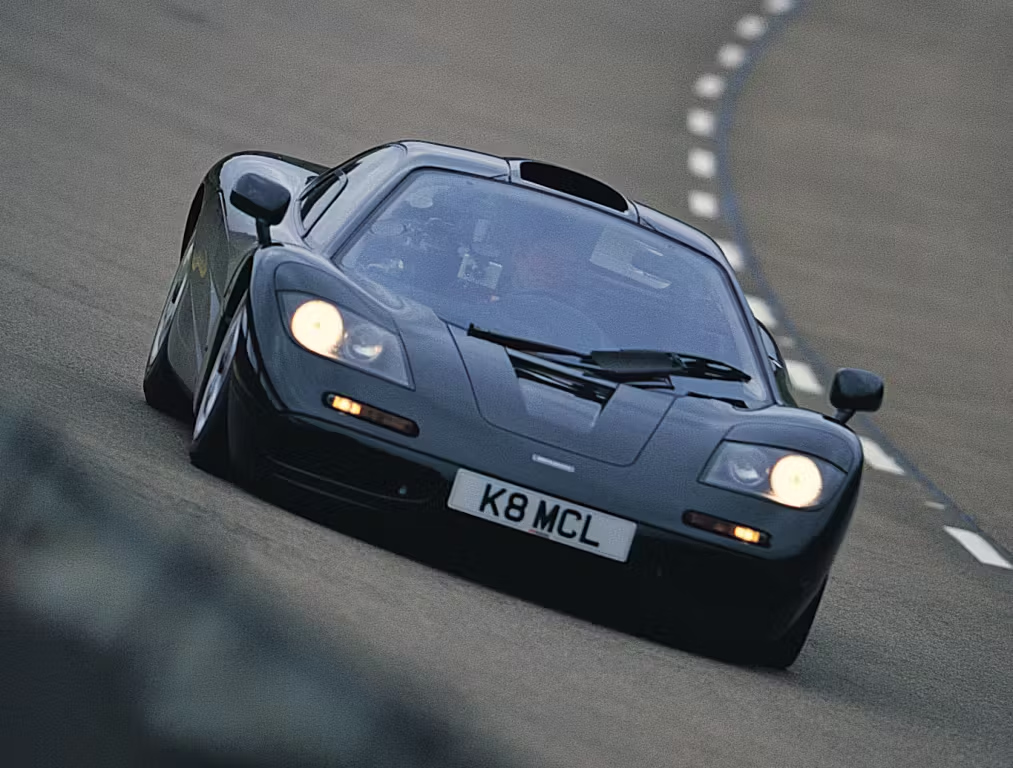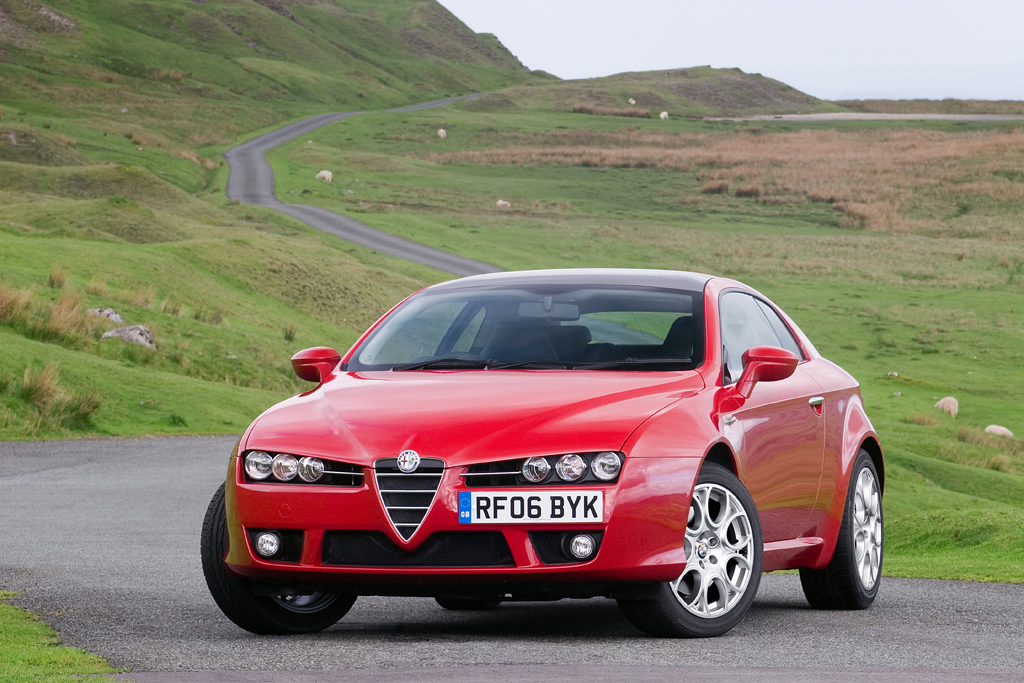In an interview with German business newspaper Wirtschaftswoche, Mercedes-Benz CEO Ola Källenius stated a rather notable trajectory shift for the luxury automaker: It is once again pouring serious money into the development of even more efficient internal combustion engines.
Källenius stated that he believes that ICE technology “will last well into the 2030s,” and to ensure that those engines meet ever-tightening emissions demands, the automaker has earmarked €14M for its passenger car division. Those funds will help progress a few pillars of that business, including “high-tech combustion technology” as well as electrification and digitalisation. And while the proportions for each weren’t revealed, Källenius admitted that the amount the company will spend on ICE tech is “more than previously planned.”

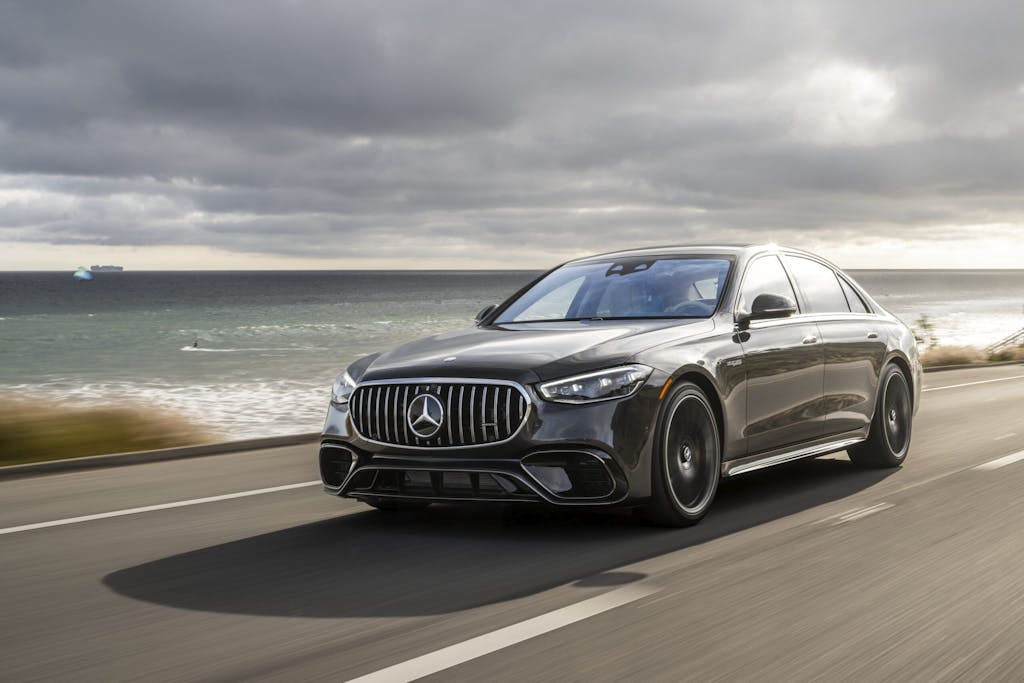
Specifically, Källenius alluded to the 2026 mid-cycle update on the way for the company’s flagship S-Class. “We have invested a lot more in the model update of the new combustion engine S-Class than we normally spend on a facelift,” he said.
Getting the company’s ICE tech up to snuff will be vital for the coming Euro 7 and China 7 emissions standards that regulate massive markets for Mercedes. Without the capital expenditures now, there would be an increased risk that Mercedes “would suddenly stall our combustion engine business in 2027 or 2028,” according to Källenius.
The shift in strategy echoes pressure being felt all over the automotive landscape, as sales of electric vehicles fail to reach the anticipated growth rates that so many automakers were relying on to achieve those lofty “all-electric by X date” goals they were trumpeting just a few years back. Three years ago, Mercedes said it expected plug-in hybrids and all-electric cars to account for half its annual sales by 2025. But the growing pains of the electric market are such that that’s now very unlikely.
